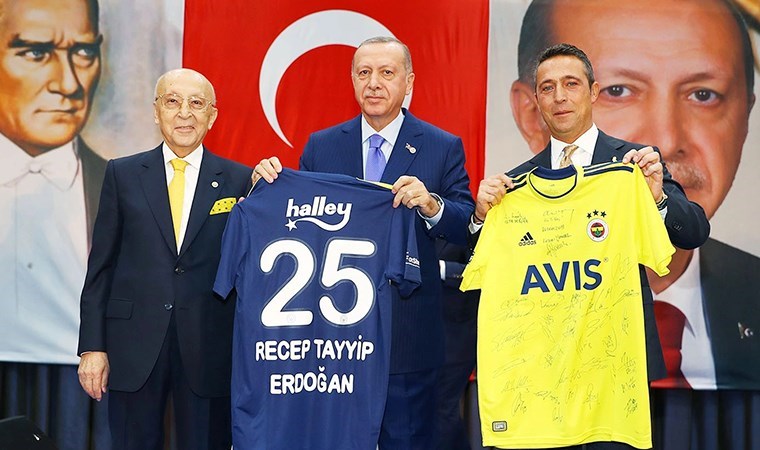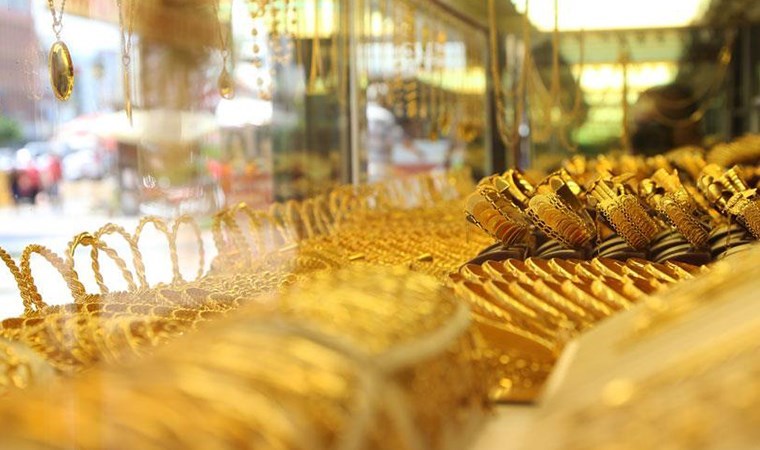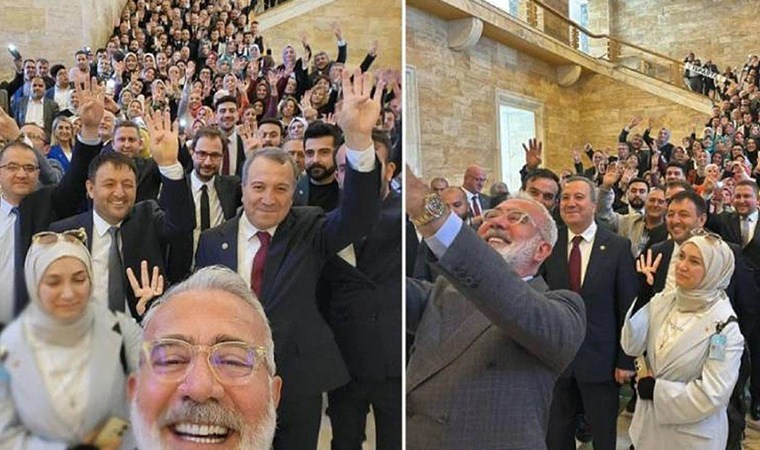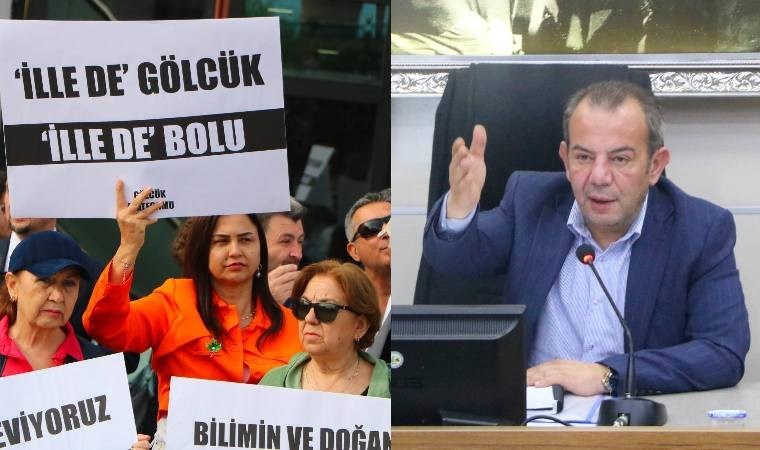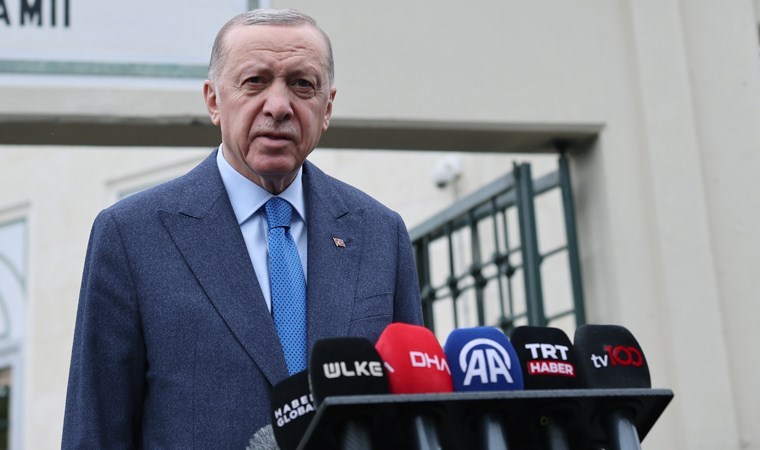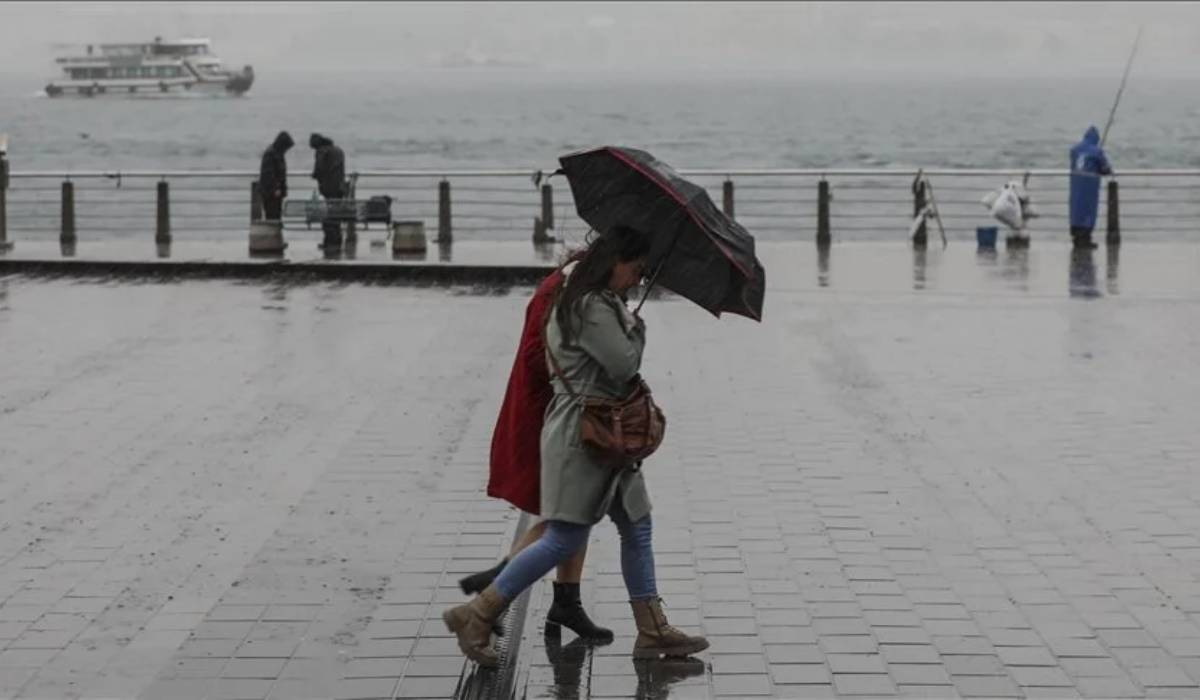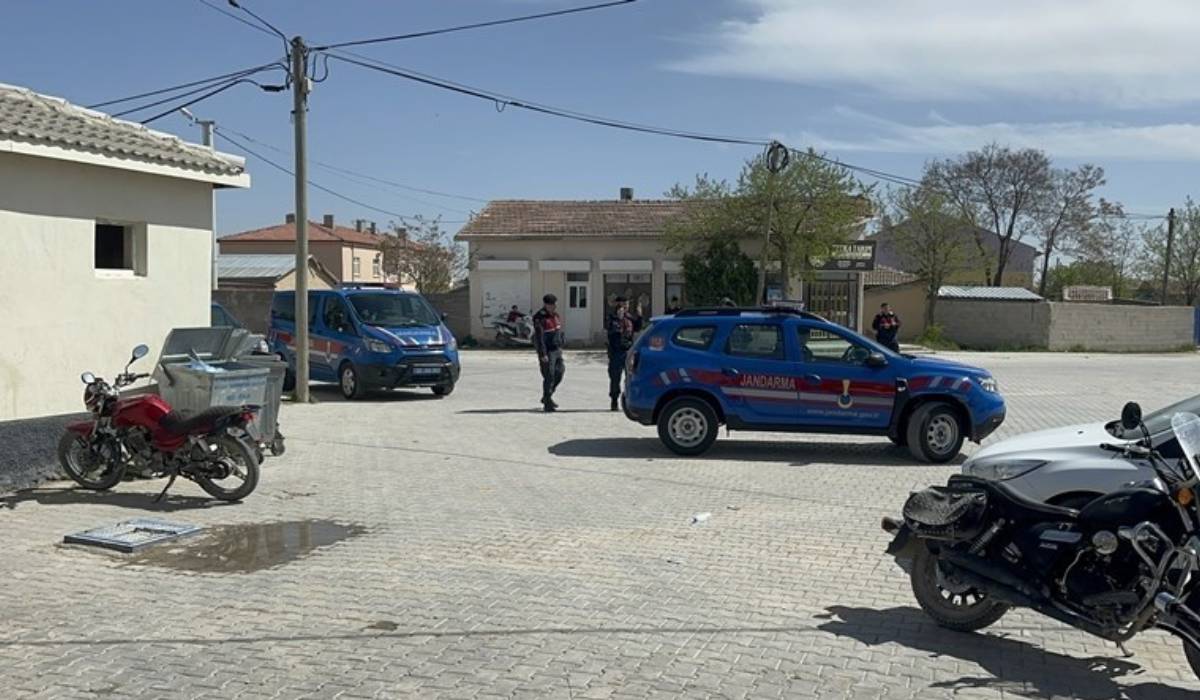The state’s foreign-currency denominated contracts
You cannot find in any openly available state report how many lira the state will pay in rent for city hospitals and for how long. Because, if this information is placed in reports, it will emerge that contracts were made in foreign currency.
 160 carer-type couches.
160 carer-type couches.
The State Materials Office (DMO) advertised the procurement of couches for Bursa Uludağ University Rectorate. It was obvious that the “carer-type couches” would be used in the medical faculty hospital. Pages of specifications were published on the DMO site. The seating depth of the couch would be 58 cm and the height of the backrest 75 centimetres. The stuffing of such-and-such quality and the metal bars of such-and-such material.
Well, are these trifling matters? Of course not.
On the contrary, an institution whose name begins with the state is giving the feeling that it is truly standing up for citizens’ taxes. So, what is the state, which is so fastidious over carer couches for a hospital in a university, doing when it comes to the city hospital? Do you know how many million lira the Ministry of Finance will pay over how many years in rent in return for the 389,029,290 euro investment cost of Bursa City Hospital that was financed by the company that built it?
We do not know. Just as we do not know that at one point the workers working on the construction of Bursa City Hospital downed tools over meals that turned out to be bad, airless dormitories and water and electricity cuts, just as at the construction sites of many city hospitals.
Come clean with the rents
Is the state, like in the DMO tenders, also capable of effectively protecting our taxes when faced with contractors with whom it signs contracts under which it is both the state, gives free land and is also the tenant for foreign currency? It is not. Protecting them is also a little difficult.
You cannot find in any openly available state report how many lira the state will pay in rent for city hospitals and for how long. Because, if this information is placed in reports, it will emerge that contracts were made in foreign currency.
So, the kind “transparency” shown when procuring carer couches is not greatly involved in the disclosure of facts about state hospitals.
The group that made the previously opened Adana City Hospital is building Bursa City Hospital. The Rönesas Group, which is also making the Summer Palace in Marmaris Okluk with four blocks capable of accommodating 300 people at one time on a 13,666 square metre enclosed construction site that was started without being put out to tender and the new Court of Cassation building whose construction is underway at Ankara İncek and which was awarded by the invitation method, is building it.
Reversion to Turkish lira?
Debate about revision of public-private cooperation projects and reversion to Turkish lira has been ushered in by the economic crisis which, even if not triggered by the Pastor Brunson crisis, is being made to appear as if it were and has been put to effective use for the manufacturing of consent.
Is a reversion to Turkish lira be expected of a ruling political body that conceals the rents it will pay for 25 years to companies building city hospitals, that does not disclose the build-operate-transfer contracts it signs with companies for motorways, tunnels and airports on the justification that they are “commercial secrets” even for parliamentarians, that indexes guaranteed tariff increases in confidential build-operate-transfer contracts to US inflation, and that, saying this is what foreign bankers who give money for city hospitals want, exempts such contracts from the Turkish judiciary and announces this in parliament?
Hope is of course everyone’s right
Let me once more recall that the foreign bankers who financed the small number of contracting companies carrying out all these “pledged” projects gave this finance because the state institutions under the AKP’s management signed and committed themselves to foreign-exchange payments and tariffs in public-private cooperation contracts.
Moreover, at a time when the Turkish lira was worth a great deal more than now.
This hard information on its own is more than enough to explain why the “same ship” metaphor that is by now beginning to wear thin is hypocritical.
I wish everyone, not least readers who have unjustly been deprived of their freedom, a happy Eid.
http://www.cumhuriyet.com.tr/koseyazisi/1061118/Devletin_dovizli_sozlesmeleri.html

En Çok Okunan Haberler
-
 Erdoğan ‘Kent Lokantası’na inanmadı
Erdoğan ‘Kent Lokantası’na inanmadı
-
 Saldırı sonrası İran'dan ilk açıklama
Saldırı sonrası İran'dan ilk açıklama
-
 'Ben artık Fenerbahçeli değilim'
'Ben artık Fenerbahçeli değilim'
-
 Altından yeni rekor!
Altından yeni rekor!
-
 AKP'de 'Rolex' kazası: Paylaştı, sildi
AKP'de 'Rolex' kazası: Paylaştı, sildi
-
 Karaköy sahiline havuz!
Karaköy sahiline havuz!
-
 'Bu akşam geç geleceğim eve'
'Bu akşam geç geleceğim eve'
-
 Erdoğan’dan flaş İsrail-İran açıklaması
Erdoğan’dan flaş İsrail-İran açıklaması
-
 İzmir'de deprem!
İzmir'de deprem!
-
 Özel, çantası dolu gidecek!
Özel, çantası dolu gidecek!


